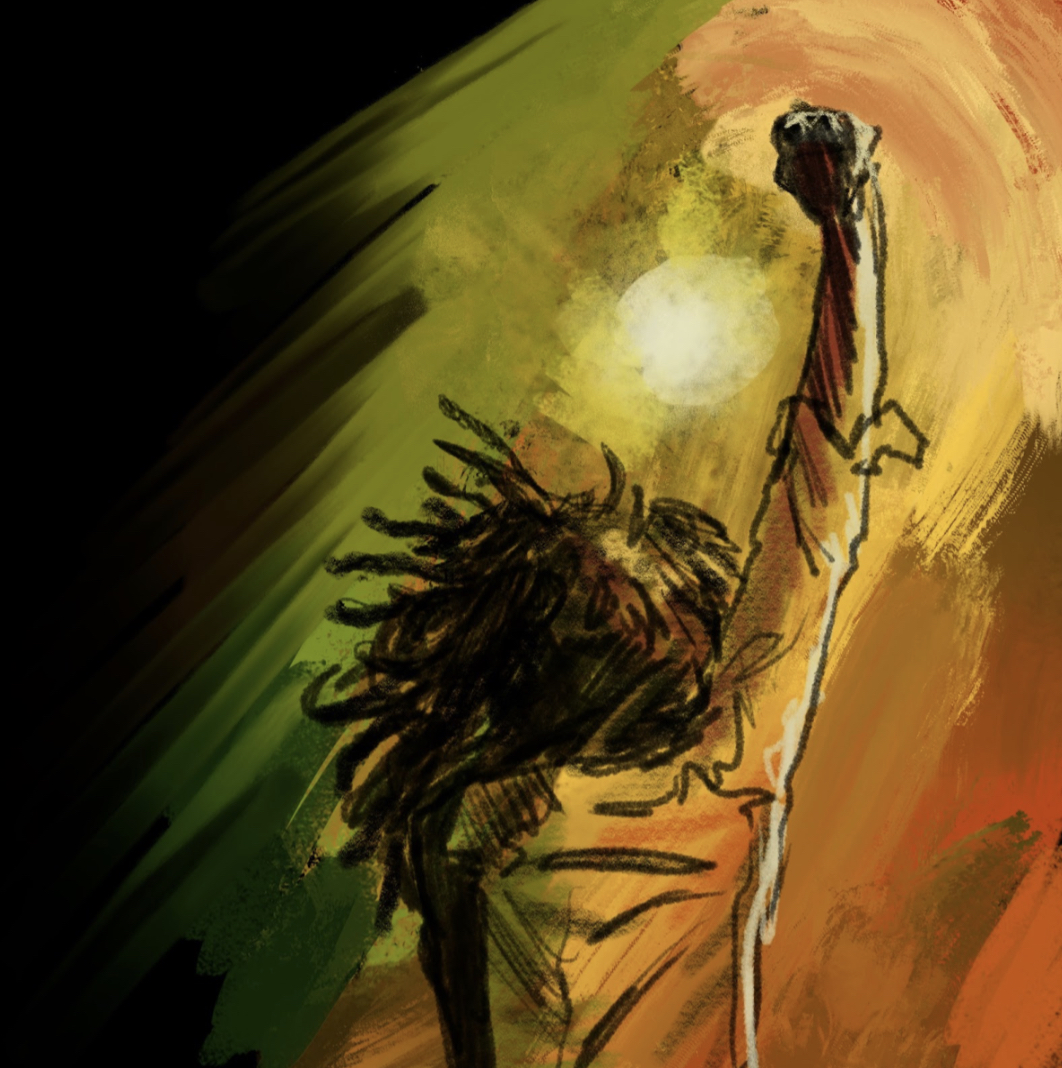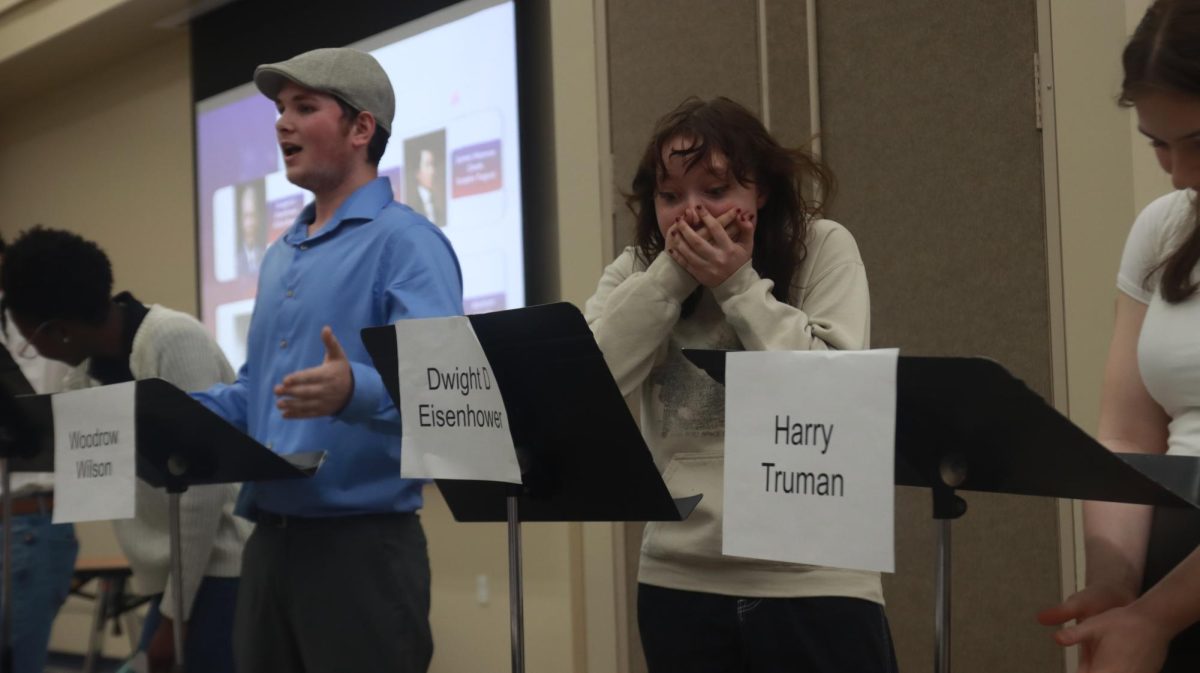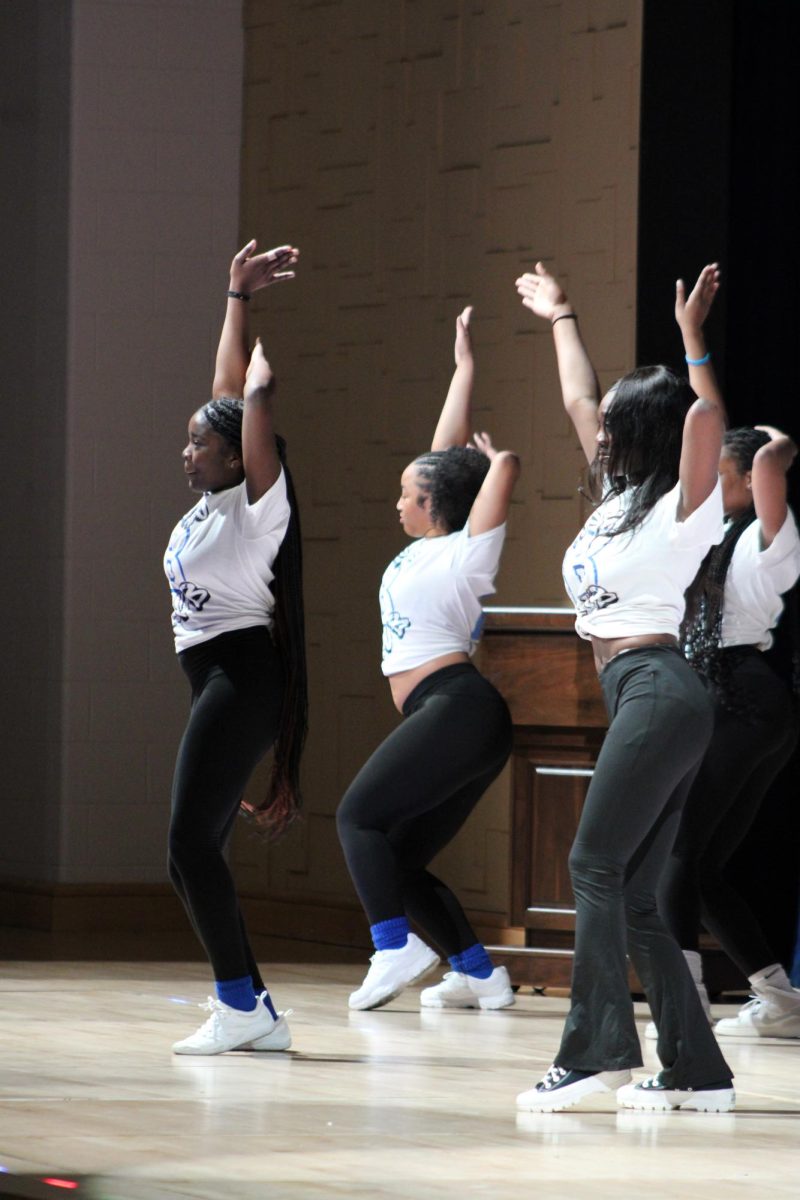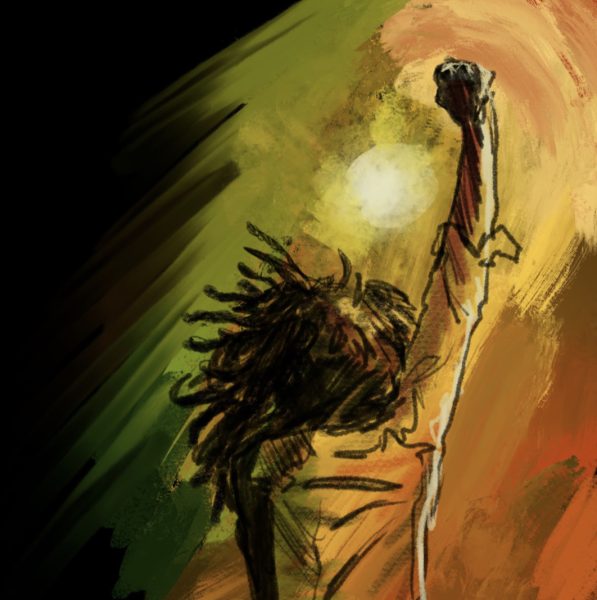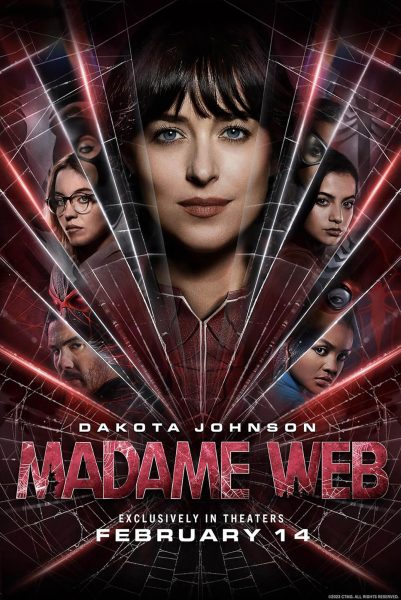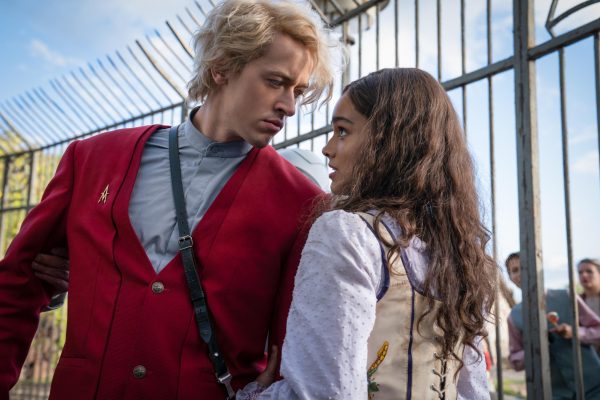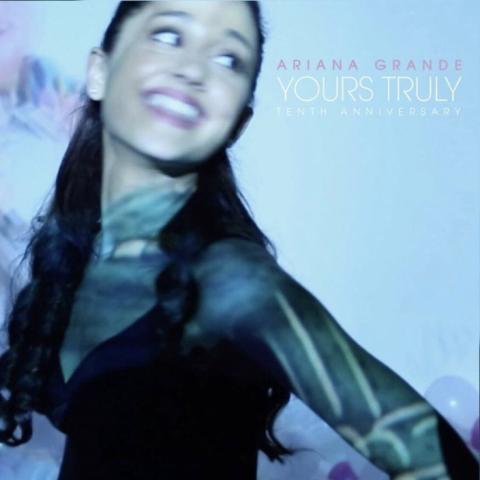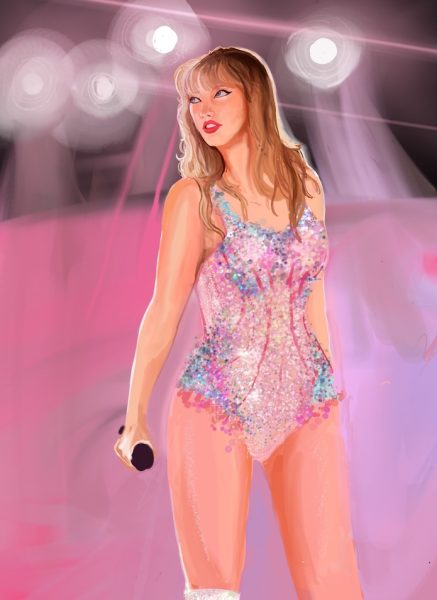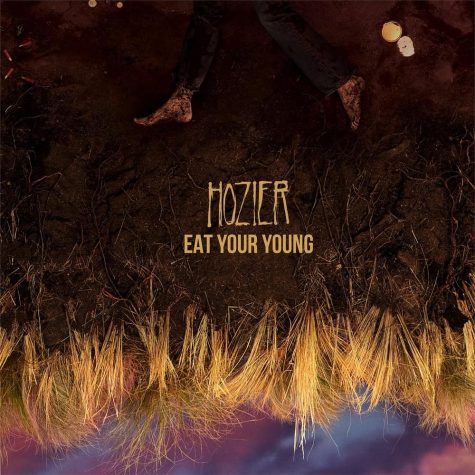“Straight Outta Compton” Movie Review
September 3, 2015
 Scenes of police brutality, riots in the street and signs bearing the phrase “No Justice, No Peace” have captivated the media for several years now, and there has been speculation on what exactly first caused the media to shift its focus to the issues between African-Americans and law enforcement. Some say it was the unforgettable Trayvon Martin case. Others say it was born from the coverage of Ferguson, Missouri after the killing of Michael Brown. However, this movement is nothing new, which is made clear in the movie Straight Outta Compton.
Scenes of police brutality, riots in the street and signs bearing the phrase “No Justice, No Peace” have captivated the media for several years now, and there has been speculation on what exactly first caused the media to shift its focus to the issues between African-Americans and law enforcement. Some say it was the unforgettable Trayvon Martin case. Others say it was born from the coverage of Ferguson, Missouri after the killing of Michael Brown. However, this movement is nothing new, which is made clear in the movie Straight Outta Compton.
Directed by F. Gary Gary under the watchful eye of former group members Andre “Dr. Dre” Young and O’Shea “Ice Cube” Jackson, Straight Outta Compton (named after the group’s first album), is the story of the rise and fall of the infamous political and gangsta rap group N.W.A (N*****z With Attitude).
Following the lives of Eric “Eazy-E” Wright, Dr. Dre, Ice Cube, Antione “DJ Yella” Carraby and Lorenzo “MC Ren” Patterson, Straight Outta Compton is the biopic of one of the most notorious and influential rap groups of all time.
Casted with actors that hold a stunning resemblance to the actual group members, like O’Shea Jackson Jr., who portrays his father, Straight Outta Compton flashes audiences back to the year 1988, the beginning of the rise of N.W.A. With a fast-paced summary of how all the group members met and eventually formed N.W.A., Straight Outta Compton focuses on the dynamics of the group itself, reasons that eventually led to their separation, and the group’s place in history.
Not leaving anything out, this movie does not claim that the members of N.W.A were perfect angels. There is no holding back of the obviously violent, misogynistic, homophobic and promiscuous life that members of N.W.A lived. This leads to speculation on what it was that made this group so popular. The answer is that even with their less-than-holy attributes, their music was, as Ice Cube stated “…the reflection of [their] reality.” That reality included selling drugs, treating women as sub-human and receiving constant harassment by law enforcement.
What sets this movie apart from simply being a biopic of a group that recorded one of the most controversial songs of all time (the track F**k the Police featured on their Straight Outta Compton album) is its relevancy to the present day.
F. Gary Gary’s decision to include footage from the infamous Rodney King beating in the movie alongside the group’s reaction to the trial demonstrates that the point of this film is not to promote violence against law enforcement- it’s to provide insight on the reality of police brutality cases, particularly within the African-American community. With the decision to add in images from the Rodney King/L.A. riots, this movie intelligently points out that the issue of police brutality is nothing new, nor is the anthem of “No Justice, No Peace.”
The delicacy with which the director handled the moments that lead to the death of revered rapper Eazy-E must also be applauded. Die-hard fans will appreciate the attention to detail of the small coughs from Eazy-E throughout the film, along with the slight change in his appearance from healthy to sickly. As the movie approached the moment when Eazy-E learned that he had contracted AIDS, there wasn’t a dry eye in the theater. The moments leading up to the reveal were so dramatic, it felt as if I was in the hospital room with him. When the movie reached the end of Eazy-E’s life, I am not ashamed to say I was openly sobbing in my seat.
F. Gary Gary prevents the movie from being overly dramatic, but still incites deep emotions from both die-hard fans and newcomers. Viewers can’t help but want to cheer on the not-so-good boys of N.W.A, feel their struggle and pain and feel a deep respect for what they were able to accomplish together. Straight Outta Compton causes viewers to take a step back and think about that the problems we have today are the same ones members of N.W.A. faced in the late ‘80s and early ‘90s. Even with the vulgar language and behavior, this is a movie that speaks the brutally honest truth about what reality is like for many African-Americans. Even if one is not a fan of rap music, or holds distaste for the members of N.W.A, one can still appreciate the cultural connections that are apparent between the film’s setting and today.



